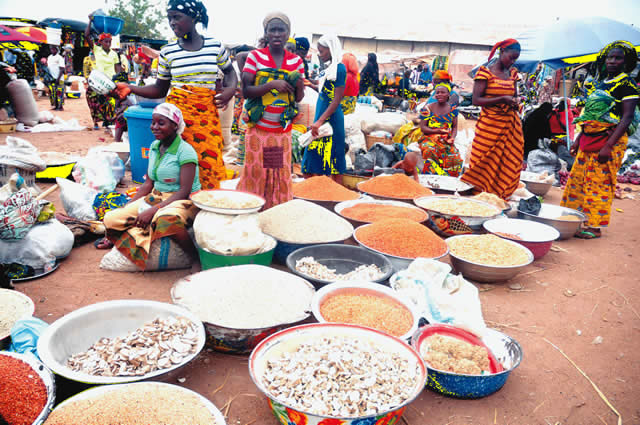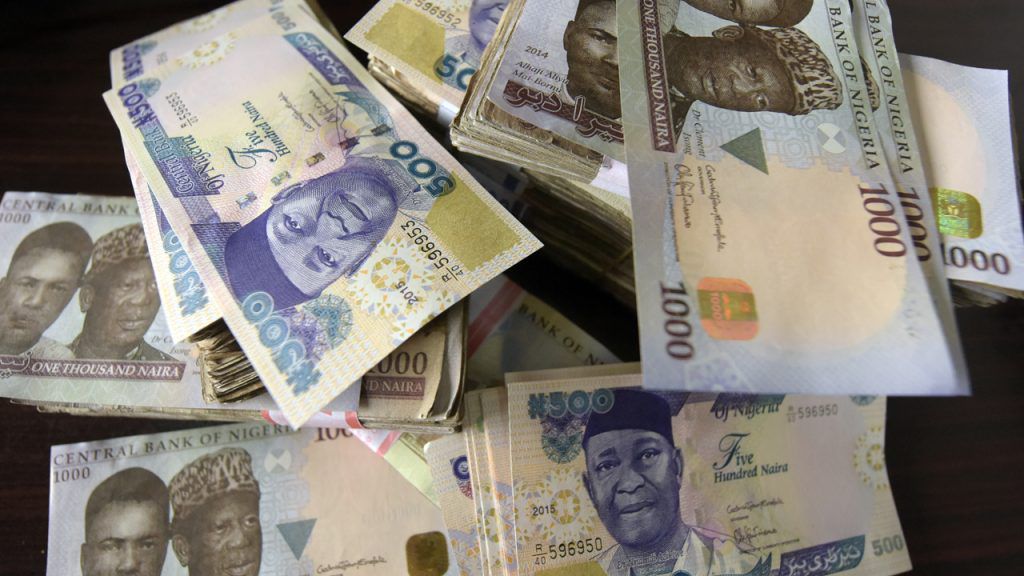Naira Slumps Further Against the Dollar, Trades at ₦1,595 in Official Market

The Nigerian naira continued its downward slide on Friday, August 2, 2025, weakening further against the US dollar at both the official and parallel markets. At the Nigerian Autonomous Foreign Exchange Market (NAFEM), the naira closed at ₦1,595.11 per dollar, representing a ₦19.64 depreciation compared to the previous day’s rate of ₦1,575.47.
Data from the FMDQ Securities Exchange revealed that the total daily turnover at NAFEM was $84.38 million, slightly down from the $85.68 million recorded on Thursday. This decline in liquidity continues to reflect investor caution and persistent demand pressure on the local currency.
In the parallel market, the naira also weakened, trading at ₦1,595 per dollar—mirroring the official market rate. The equalization of the official and black-market rates, while rare, highlights the severity of the current forex supply constraints and growing demand for foreign exchange among businesses and individuals.
The weakening of the naira comes just days after the Central Bank of Nigeria (CBN) cleared a portion of outstanding foreign exchange backlogs. While the move was initially seen as positive for investor sentiment, it has not yet translated into sustained stability in the exchange rate, as dollar supply remains limited and speculative activity continues to impact pricing.
Currency traders have expressed concern that the ongoing volatility is hurting trade and investment planning. Importers, in particular, are feeling the pinch, as the cost of sourcing dollars to fund shipments continues to rise. This has led to increased prices of imported goods, putting further pressure on inflation.
Analysts point to several underlying factors fueling the naira’s continued weakness. Chief among them are low foreign reserves, declining oil revenue, and persistent capital flight due to investor uncertainty. Despite efforts by the CBN to unify exchange rates and boost forex inflow, progress has been slow.
Meanwhile, some experts argue that the market is adjusting to a more realistic valuation of the naira following years of artificial peg systems and multiple exchange rates. They maintain that the current fluctuations, while painful in the short term, may eventually lead to greater transparency and efficiency in the foreign exchange system.
The CBN has not issued a fresh directive as of Friday evening, but market participants are closely watching for any policy interventions in the coming days that might calm the volatility.
With the naira now hovering around ₦1,595 to the dollar on all fronts, Nigerians are bracing for the broader economic implications—especially rising import costs and inflationary pressure on goods and services.


Responses